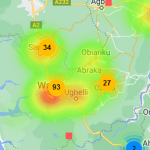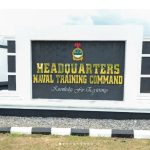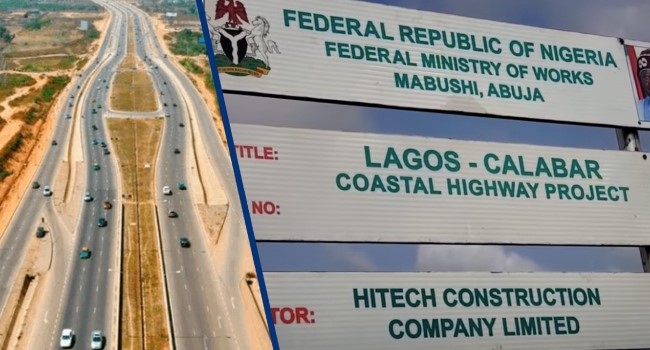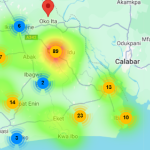
Niger Delta Weekly Conflict Update: April 28 – May 04, 2024
May 3, 2024
Nigerian Navy Relocates Training Base to Rivers State, Intensifies Fight Against Oil Theft in Niger Delta
May 5, 2024
The Lagos-Calabar Coastal Highway Project is a monumental infrastructure initiative aimed at revolutionizing transportation and trade networks along the southern coastline, spanning from Lagos through the eight coastal states of the Niger Delta up to Cross River. Also called the West-East Coastal Rail Line, this 1,400-kilometer standard-gauge coastal railway from Lagos to Calabar aims to connect major urban centers, industrial hubs, and seaports along the southern coast.
It involves the construction of a modern road spanning approximately 700 kilometers, connecting Lagos to Calabar while linking major urban centers, industrial hubs, and seaports along the southern coast, traversing through six states of the Niger Delta Region. The road starts from Lagos, the Lekki Deep Seaport, and runs through Ogun, Ondo, Delta, Bayelsa, Rivers, and Akwa Ibom, culminating in Cross River State. Envisioned to be a lifeline for trade and commerce, it will serve as a conduit for goods and people, linking key urban centers, ports, and economic hubs across the south-west, south-east, and south-south regions of Nigeria.
With an estimated cost of N15 trillion, or approximately N4 billion per kilometer, the potential economic growth and development dividends are expected to far outweigh the initial investment.
Scheduled to unfold over an eight-year period, the highway’s construction will progress in thorough stages. The inaugural phase will witness the realization of a 47.47-kilometer dual carriageway, complete with five lanes on each side and a central train track, heralding a new era in transportation infrastructure.
Addressing timeline queries, Minister of Works David Umahi stated that the project will be built in independent phases, aligning with President Tinubu’s two terms. The initial phase, spanning 47.7km from Ahmadu Bello Way to the Lekki Deep Sea Port, is set to be completed in 36 months.
Anticipation mounts as the project is slated to commence its third segment in July 2024, pending design finalization and approvals from relevant authorities.
Beyond mere asphalt and concrete, the significance of this project lies in its potential to revolutionize Nigeria’s economic landscape, particularly that of the Niger Delta Region. It will stimulate economic growth, facilitate trade, and enhance regional integration, fostering unprecedented opportunities for growth and development. Moreover, it holds the potential to unlock the hidden productivity of the country’s coastal regions and hinterlands, spurring investment, stimulating trade, and catalyzing economic diversification.
By seamlessly connecting key urban centers and economic hubs, the highway promises to unlock the region’s vast potential while alleviating congestion and reducing travel time from Lagos to Calabar by nearly half, from 12 hours to a mere 7 hours. As it meanders through the heart of the Niger Delta, it is poised to catalyze a wave of economic prosperity, breathing new life into communities and businesses along its path.









